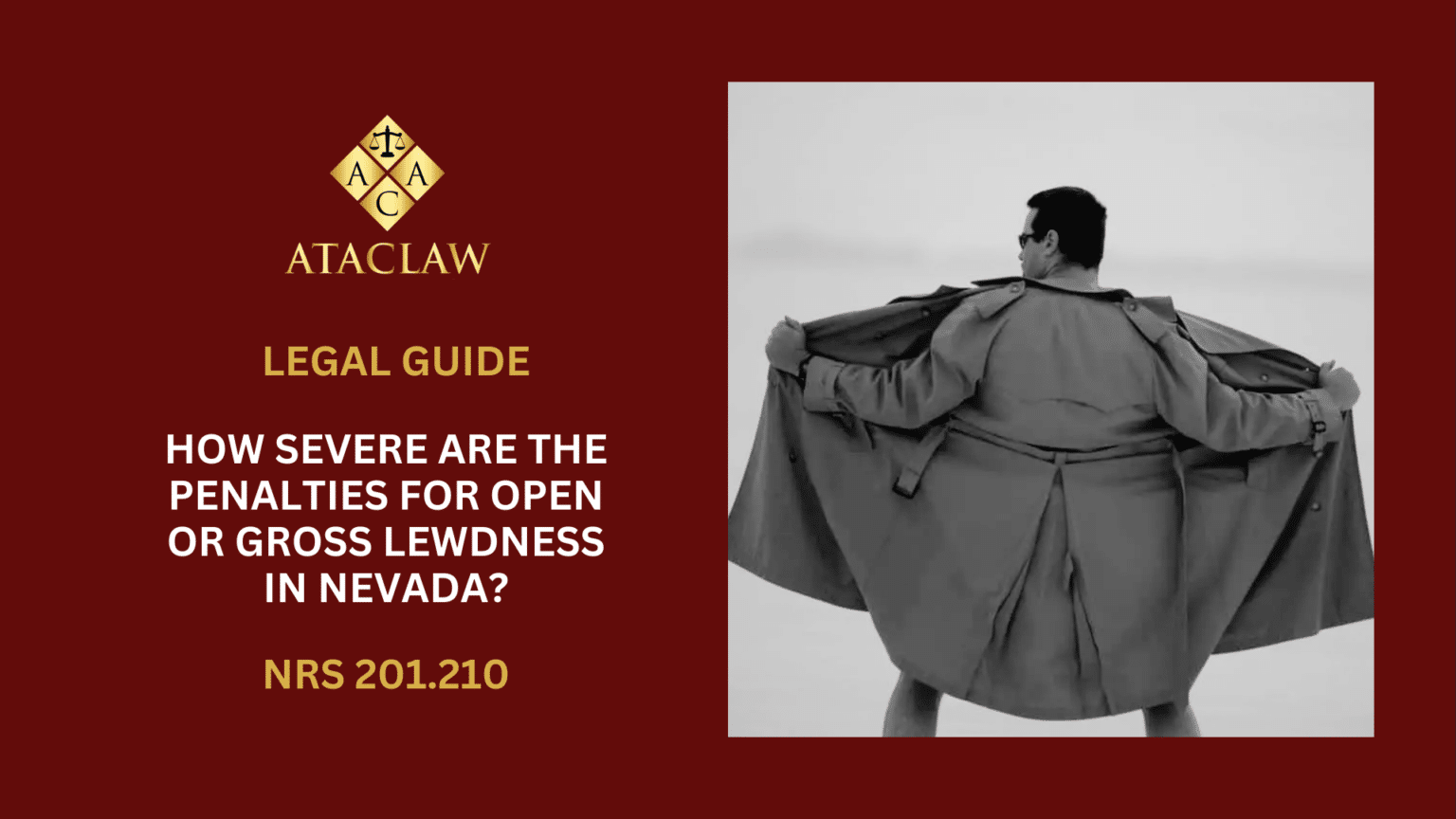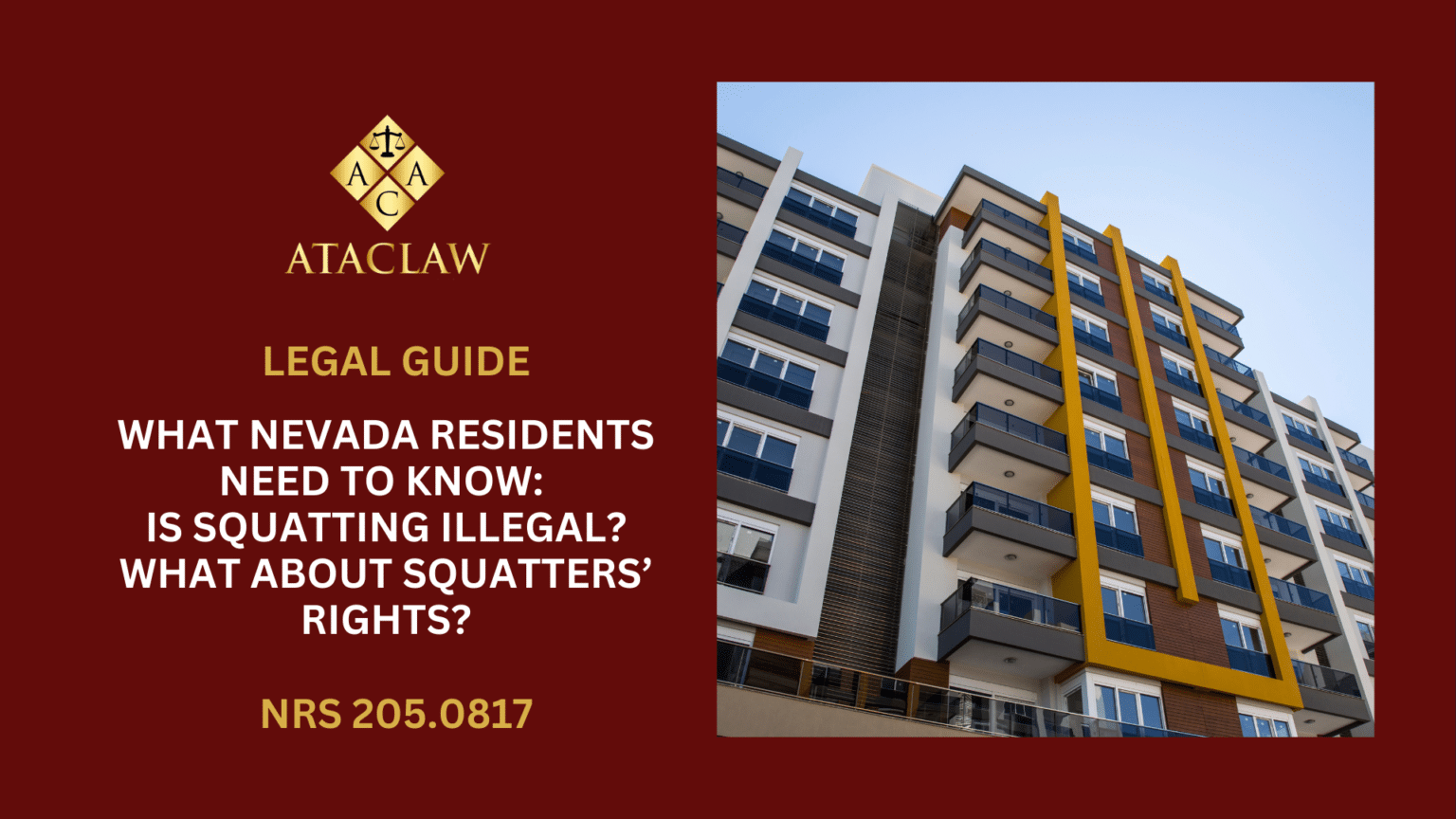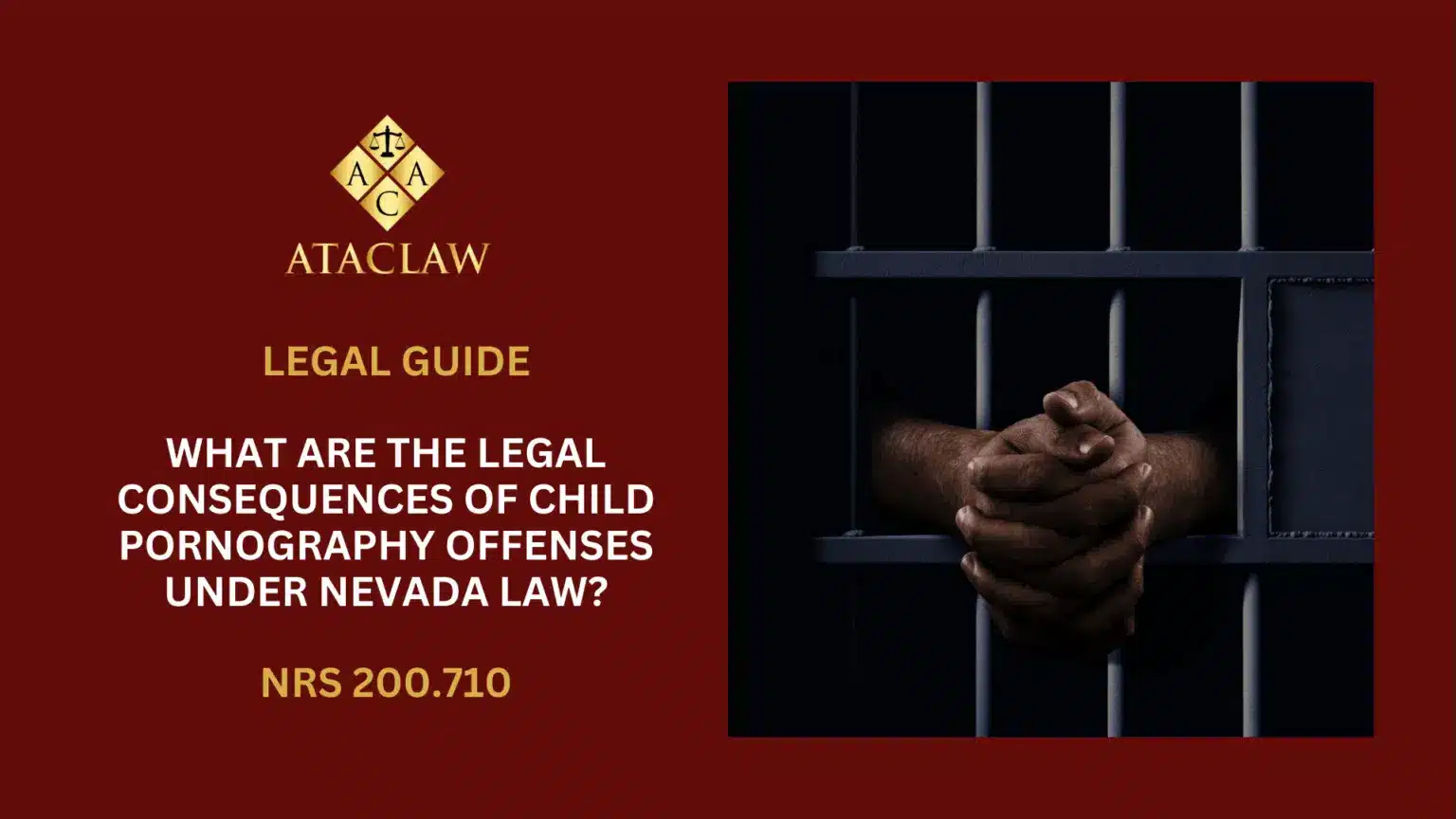The term “open or gross lewdness” carries with it consequences that could impact your life for years to come. Under Nevada Revised Statute (NRS) 201.210, an individual may face charges of “open or gross lewdness” if they engage in sexual activity in public view, or if they partake in non-consensual sexual conduct that falls short of penetration, such as groping. This blog post aims to provide a clear, concise explanation of the legal implications of NRS 201.210 and how it may pertain to you or someone you know.
What Constitutes Open or Gross Lewdness in Nevada?
In Nevada, the term “open or gross lewdness” is defined under NRS 201.210 and encompasses either of the following situations:
- Engaging in a sexual act that is visible to the public or occurs in a place where it can be seen by others.
- Engaging in a nonconsensual sexual act that does not involve penetration, such as groping.
It is important to note that the lawful act of breastfeeding in public is excluded from this definition and does not constitute lewdness.
Public Sexual Acts
A person commits open or gross lewdness by performing any overtly sexual act in a manner that can be observed by others. This charge applies regardless of whether the act was intended to be seen or to offend others.
Furthermore, engaging in oral or anal sex in a public setting is also considered a violation under NRS 201.190, which historically stems from what was once referred to as the sodomy law.
Nonconsensual Sexual Acts Without Penetration
Open or gross lewdness also includes instances where an individual sexually touches another person without their consent and without penetration. This is viewed as less severe than sexual assault or rape (defined under NRS 200.366), which involves penetration.
Is Registration as a Sex Offender Mandatory for Open or Gross Lewdness Convictions in Nevada?
Should you be convicted of open or gross lewdness in Nevada, the law mandates that you register as a sex offender.
Individuals convicted of a gross misdemeanor under these charges are categorized as Tier 1 sex offenders and are required to remain on the register for 15 years. During this period, their information is generally not accessible via public databases unless the incident involved a minor.
Conversely, those convicted of a felony due to open or gross lewdness are often designated as either Tier II or Tier III sex offenders. This information becomes available to the public. A Tier II registration lasts for a duration of 25 years, whereas Tier III offenders are subject to a lifetime registration requirement.
This necessitates understanding the gravity of a conviction which isn’t just a fleeting punishment but carries long-term ramifications, especially concerning one’s privacy and public profile. It’s important for anyone implicated in such a matter to consider this information when consulting legal counsel.
What Are the Legal Consequences for Open or Gross Lewdness in Nevada?
The ramifications for knowingly spreading HIV in Nevada have seen significant adjustments over time, reflecting shifts in societal and legal perspectives regarding the disease. Understanding the current legal penalties and the history behind them provides insight into how Nevada handles such sensitive and serious public health issues.
Current Penalties Under NRS 441A.180
The penalties for open or gross lewdness in Nevada, as outlined under NRS 201.210, vary significantly based on the circumstances of the offense and the defendant’s criminal history.
If the accused has no previous sex offense convictions and the act did not involve a disabled person or child under 18, the charge is typically classified as a gross misdemeanor. The consequences for a gross misdemeanor can include:
- Up to 364 days in jail,
- Fines reaching up to $2,000,
- Mandatory registration as a sex offender.
However, if the conditions above are not met, the offense escalates to a category D felony. Penalties for a category D felony include:
- A prison term ranging from 1 to 4 years,
- The possibility of fines up to $5,000, depending on the judge’s ruling,
- Mandatory sex offender registration.
It’s important to note that the repercussions for open or gross lewdness are considerably less severe than those for rape (non-consensual sexual penetration), which is treated as a category A felony and may result in a life sentence, with or without parole.
Plea Bargain Options
For those charged under NRS 201.210, reducing charges through a plea bargain to lesser offenses such as simple battery (NRS 200.481) or disorderly conduct (NRS 203.010) could be a feasible option. These lesser charges typically carry reduced penalties and, crucially, do not usually entail sex offender registration.
Can a Lewdness Charge Lead to Deportation?
Yes, violating NRS 201.210 for lewdness offenses in Nevada can result in deportation. For non-citizens, securing a skilled attorney is crucial. They can work towards dismissing the charge or reducing it to an offense that doesn’t carry deportation risks.
How Can You Challenge Open or Gross Lewdness Charges in Nevada?
Fighting charges of open or gross lewdness in Nevada hinges on disproving the prosecution’s evidence. Here are four effective defense tactics employed by criminal defense lawyers to contest these charges:
1. Entrapment by Law Enforcement: Cases where individuals are coaxed into committing acts they wouldn’t ordinarily engage in, typically through police sting operations in locations such as public restrooms or parks, can be argued as entrapment. This is particularly relevant in instances where undercover officers pose as individuals cruising for sexual encounters, potentially targeting men based on their sexual orientation.
2. False Accusations: False accusations can stem from a variety of personal vendettas, often involving ex-partners or those harboring resentment. An adept criminal defense lawyer will dive deep into the accused’s background, seeking out any evidence such as angry communications that might question the credibility of the accusation.
3. Privacy of the Act: If the alleged sexual activity took place in a private setting, out of the public’s view, this could lead to the dismissal of charges. Demonstrating privacy involves presenting evidence like eyewitness testimony, surveillance footage, or GPS data to establish the private nature of the location.
4. Consent Was Given: Misgivings about consenting to sexual activity post-factum do not constitute a crime. Demonstrating that consent was provided at the time of the act is crucial, as regret alone does not equate to guilt.
Is It Possible to Seal a Lewdness Conviction Record in Nevada?
Yes, in Nevada, you can seal a gross misdemeanor conviction for open or gross lewdness two years after the case concludes. However, records of felony convictions for lewdness cannot be sealed. If a lewdness charge is dismissed, either through an acquittal or case dismissal by the D.A., it can be sealed immediately.
How is indecent exposure different?
Open or gross lewdness refers to lascivious behavior. In contrast, indecent exposure (NRS 201.220) refers to displaying private body parts such as your genitalia whether or not it is sexually motivated – such as flashing or urinating in public.
In many cases, prosecutors bring NRS 201.210 charges in conjunction with indecent public exposure charges. Both offenses have identical penalties.
If you or someone you know is facing charges under NRS 201.210, remember that having knowledgeable legal guidance is your right. At ATAC LAW, our expertise is invaluable in navigating the complexities of open or gross lewdness charges in Nevada. We invite you to contact us to understand more about your situation—our skilled team is ready to uphold your rights.
For further legal assistance and to discuss your case with an expert, don’t hesitate to contact ATAC LAW.




